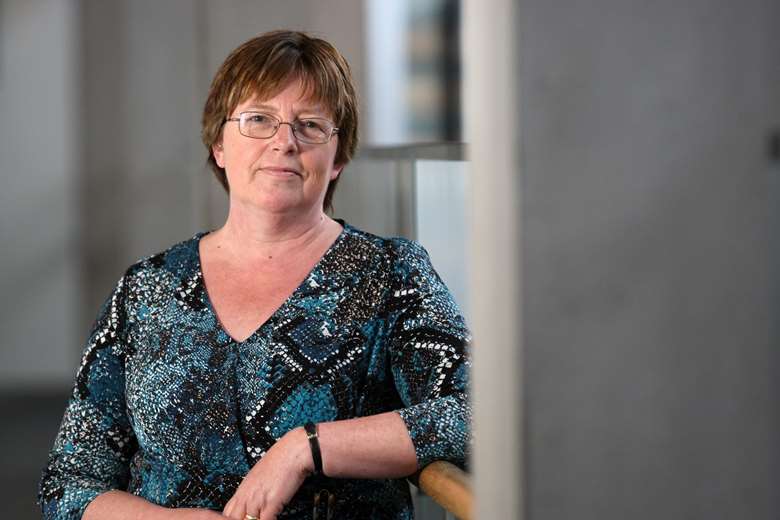Social work leaders criticise landmark child protection ruling
Joe Lepper
Monday, September 9, 2013
The British Association of Social Workers (BASW) has spoken out against a landmark legal ruling allowing a father to post a video of police and social workers removing his baby under an emergency protection order.

The ruling was made by Lord Justice Munby on a case brought by Staffordshire County Council who wanted to prevent the father from publishing details and posting footage of the baby’s removal.
The council had argued that publishing details of the case and identifying a social worker risked identifying the child. However, Lord Justice Munby disagreed that there was such a risk.
BASW chief executive Bridget Robb said: “While we agree that the public should be better informed about what social workers do and the decisions they take to protect children, this is not the way.
“Posting emotive footage of emergency care orders being undertaken is always going to be hugely distressing, but such images do not tell the whole story of the work done by many professionals which result in a child's removal from their parents.”
BASW has run a number of campaigns to combat negative portrayals of social workers in the media and so called ‘naming and shaming’-style stories.
Robb added: “If the public want children to be protected, they have to get behind social workers, understand that removal of a child is not a decision taken lightly by them alone and stop this demonising of social workers who are trying to work in accordance with the law.”
Amy Norris, a social worker and spokeswoman for The College of Social Work, said: “Having videos and photos of social workers published is likely to become more and more prevalent with the increase in social media. I myself have been recorded on a voice recorder during meetings.
"While it is understandable that families may feel powerless during care proceedings, and may want evidence for themselves, a video or photo only provides a snapshot of the situation as opposed to the care proceedings in court which allow all involved to give their views and cross-examine each other.
"The risk is that social workers may be named in the media but due to confidentiality for these very same families, the social workers cannot put things into context and defend themselves."
In his judgment, Lord Justice Munby said there was a need for transparency within the family justice system.
Philip Atkins, leader of Staffordshire County Council, said: “We make absolutely no apologies for acting in the interests of the children in our care and we would rather err on the side of caution where necessary.
“We also asked to prevent the identification of staff and the authority not to protect ourselves but because we believed there was a risk it could identify the child.
“While it is important for people to be able to tell their story, the interests and the welfare of children must remain the priority for local authorities, the media and websites.”




